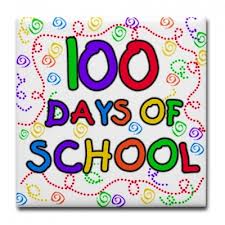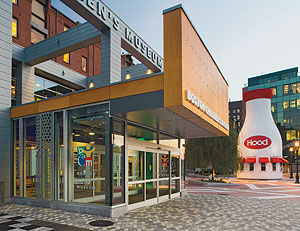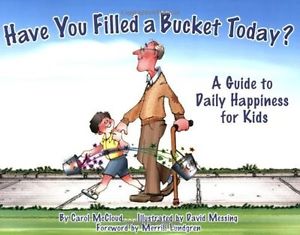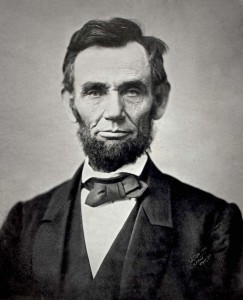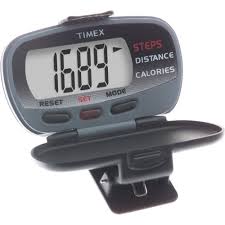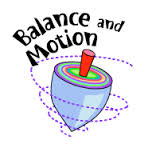Posted by kavery508 | Posted in Uncategorized | Posted on February 24, 2014
 This week’s new comprehension strategy is predicting. Always, the #1 thing we want students to do when they read for meaning is to think about the text. When we do that, we can’t help but make predictions–predictions about where a story is going next; predictions about what language or vocabulary we will likely encounter next; predictions about answers to our questions that arise when we read. Equally important is to check our predictions, or guesses, as we read on, and adjust our thinking accordingly. It’s what helps us learn new things and it makes us engage with text, building our lifelong learning skills. Check out this fun video from BrainPop Jr., along with ideas for how to help your child practice at home: http://www.brainpop.com/educators/community/bp-jr-topic/make-predictions/
This week’s new comprehension strategy is predicting. Always, the #1 thing we want students to do when they read for meaning is to think about the text. When we do that, we can’t help but make predictions–predictions about where a story is going next; predictions about what language or vocabulary we will likely encounter next; predictions about answers to our questions that arise when we read. Equally important is to check our predictions, or guesses, as we read on, and adjust our thinking accordingly. It’s what helps us learn new things and it makes us engage with text, building our lifelong learning skills. Check out this fun video from BrainPop Jr., along with ideas for how to help your child practice at home: http://www.brainpop.com/educators/community/bp-jr-topic/make-predictions/
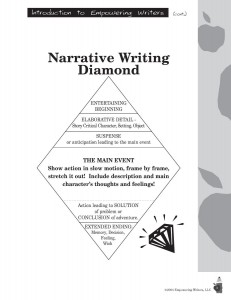 Our work with Entertaining Beginnings continues, as we practice language related to good beginnings (Sounds–BANG went the bar of the roller coaster car; Actions–We jumped into the roller coaster car and slammed the safety bar down.; Questions–Have you ever gone so fast you thought you were flying?). We will learn this week to relate our beginnings back to the prompt to provide clarity for our readers (That’s just what happened to me the time I took a trip to…).
Our work with Entertaining Beginnings continues, as we practice language related to good beginnings (Sounds–BANG went the bar of the roller coaster car; Actions–We jumped into the roller coaster car and slammed the safety bar down.; Questions–Have you ever gone so fast you thought you were flying?). We will learn this week to relate our beginnings back to the prompt to provide clarity for our readers (That’s just what happened to me the time I took a trip to…).
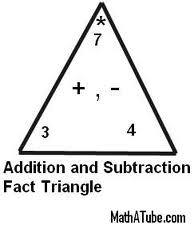 You may have seen how some of the topics in math this year are presented. EDM is big on the concept of spiraling: we learned briefly about measurement; then about inches; and now we will briefly learn and practice with centimeters. What’s important is that kids learn to measure with a variety of units, and to measure with accuracy. Also this week we will practice math facts with games, models, and fact triangles. Here is a game from EDM that uses several different models to get at math facts, which is a real bonus for kids thinking about numbers: https://em-facts-workshop.everydaymathonline.com/te_main_menu.html?PHPSESSID=1af45454a12f595c9d85c2bcf2cddf01#
You may have seen how some of the topics in math this year are presented. EDM is big on the concept of spiraling: we learned briefly about measurement; then about inches; and now we will briefly learn and practice with centimeters. What’s important is that kids learn to measure with a variety of units, and to measure with accuracy. Also this week we will practice math facts with games, models, and fact triangles. Here is a game from EDM that uses several different models to get at math facts, which is a real bonus for kids thinking about numbers: https://em-facts-workshop.everydaymathonline.com/te_main_menu.html?PHPSESSID=1af45454a12f595c9d85c2bcf2cddf01#
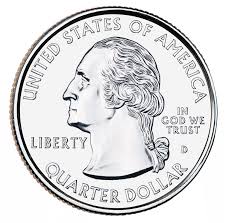 Last, we will learn to identify quarters and their values. We will also practice exchanging coins up to 25 cents, a challenging activity for first-graders that makes use of number sense, counting, adding, and trading in pennies for nickels, nickels for dimes, etc. Trading in is a big skill in other areas of math too: 10 + 16 is just 2 tens and 6 more–that kind of flexibility is optimal!). Here’s our favorite quarters song:
Last, we will learn to identify quarters and their values. We will also practice exchanging coins up to 25 cents, a challenging activity for first-graders that makes use of number sense, counting, adding, and trading in pennies for nickels, nickels for dimes, etc. Trading in is a big skill in other areas of math too: 10 + 16 is just 2 tens and 6 more–that kind of flexibility is optimal!). Here’s our favorite quarters song:
http://www.youtube.com/watch?v=dq6rTT8RmzY
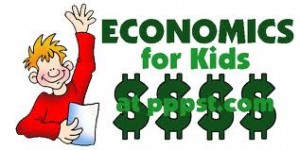 This week we’ll identify what services are in economics, and begin to explore them in our neighborhood and town. The notion of ecommerce has added new and interesting twists (enter Bit Coin!) but the heart of the matter remains the same. When you are out and about with your first-grader, help himorher notice the many ways people provide services for pay in our community. Why are those services important? To whom do they matter? Why do some people work hard all day without getting paid (volunteers, moms or dads)? What might happen if not enough people need services that are offered?
This week we’ll identify what services are in economics, and begin to explore them in our neighborhood and town. The notion of ecommerce has added new and interesting twists (enter Bit Coin!) but the heart of the matter remains the same. When you are out and about with your first-grader, help himorher notice the many ways people provide services for pay in our community. Why are those services important? To whom do they matter? Why do some people work hard all day without getting paid (volunteers, moms or dads)? What might happen if not enough people need services that are offered?

